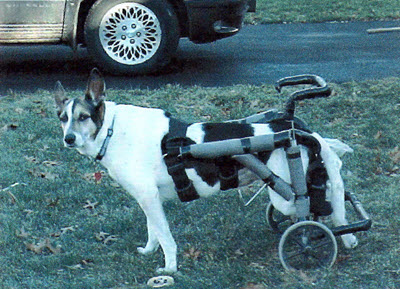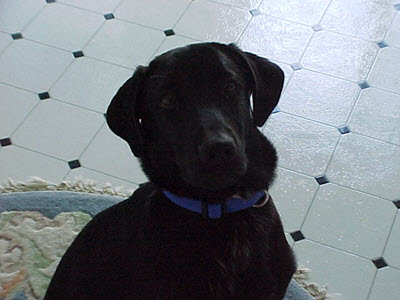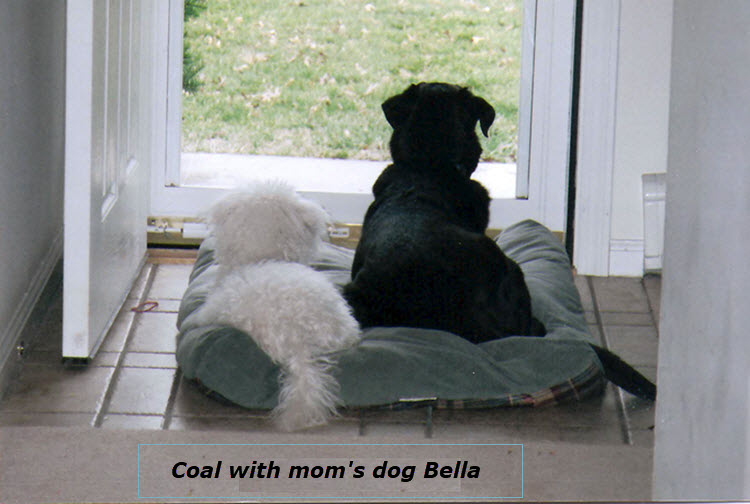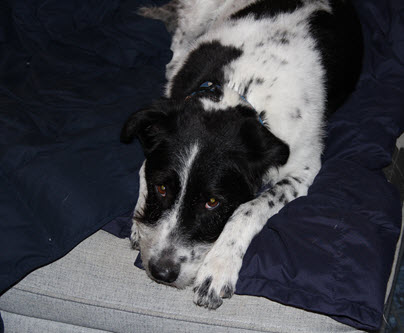And yes, these are my dogs. Updated 10_5_20 with a new lesson.
I grew up with dogs, so rescuing and bringing them into my home is a no brainer. Because they are family members, yearly physicals, vaccinations, and good quality food is part of the deal. And when illness occurs, you do everything in your power to make them well and hold onto them. Or do you?
The first dog I rescued was a beagle mix and he was tough. He was not too sure about little kids and strangers, so I was cautious when I introduced him to people. But Buddy was just that, a companion, a buddy that loved long walks, sleeping on the bed despite trying to train him not to, and food. He loved to eat.
Buddy loved nothing better than to take those long walks in the local park. Ripe with the smells of deer and other animals, I could barely keep up with him as we took the walking path around the lake. Being a responsible dog owner, I made sure Buddy got a Lymes vaccine. He had a bad reaction to it and lost the use of his back legs when he was about 10 years old.
And I had a terrible decision to make, did I let him go? Or try to improve his quality of life with a cart?

I do regret waiting too long to let him go. That dog and I had a connection that that was more than I have with some humans. I waited too long because he was getting so weak, it was hard for him to stand or walk in the cart for any length of time. I waited too long so that all he wanted to do was sleep, not even eat his favorite people food.
But I couldn’t imagine life without him. Letting him go was about my needs, not his. I wish we could have had a conversation. That I could have asked, when will it be too much, when will you be so tired, you just want to rest in peace?
The day I let Buddy go, my dad came to support me. After Buddy died, dad and I walked out holding hands and he said to me, “We are kinder to our animals than we are to humans.” I’ve never forgotten it. This article is not about advocating for assisted suicide. It is about the gratitude I have that when dad and his heart doctor made the decision to turn off the defibrator, I was at peace with it. The day Buddy died opened the door to discussing dad’s end of life wishes and what quality of life meant to him.
Coal came after Buddy. A black lab mix that loved everyone, especially our young neighbors across the street. He lived to go to the dog park, engage the other dogs in play and leap with a giant splash into the water after a ball.

I didn’t wait as long to say goodbye to Coal as I did with Buddy. But I still worry it was still too long. I wish I could have asked him, “Do the saline solutions make you feel any better? Are you hungry at all, or are you just trying to eat to please me?”
Why is this subject on my mind now? Because my mother and I have never had a discussion on what quality of life at the end of life means to her. We have an appointment with her primary doctor next month and I’ve prepped him and my mother, that I would like to talk about an advance directive for her. I want to have that same sense of peace with mom as I did with dad. I want to know her wishes, respect them and carry them out when the time comes.
And now there is Josh. Joshie got sick last month and I wrote about it in an article on anticipatory grief. I’m happy to say that he is back to his old self now that we have cleared up the UTI, pancreatitis and colitis. Getting to a diagnosis meant an ultrasound which showed a 10 cm tumor in his liver, one in his spleen, and one in an adrenal gland. You would never know it by how he has rebounded.
But I do know he is 12 years old. And what I learned from Buddy and Coal is that I am not going to put him through surgery for these tumors. Even if they are cancerous, I will not go the route of chemo or aggressive treatment. He is 12 years old, which for a dog his size, is a good life. He is still playful, looks to go on walks, snuggle, and he is always ready to eat. When these behaviors change, and they will, I will let him go with love based on the lessons I’ve learned from Buddy, Coal, and dad.
Update
On Thursday, October 1, I made the decision to let Josh go. It was a full year and a half after he got so sick and up until the last two months, he was doing really well. The decision is never easy and I kept telling people He would let me know when he was ready.
On Wednesday night, I got down on the floor to love him and he sat in my lap for 45 minutes, a good 40 minutes more than he normally did. On our walk on Thursday, he dragged me across the street to a friends home and would not leave until she came out to pet him. Late in the afternoon I walked into the spare bedroom and he has lost control of his bowls the night before. He never did that so I knew there was something serious going on for him. I called the vet to find out the protocol given the pandemic. His vet, the one that I love was on duty and she was willing to let up be outside for the procedure. Within a half an hour I was there.
We sat outside on a beautiful fall afternoon. He was calm and not stressed out sitting in an exam room. With the sedation shot, he nestled his head into his paw like he does when he was sound asleep. As the doctor gave him the second shot I continued to pet him. And he didn’t let go for a full minute. Then I thought, “Oh, I am anchoring him here by touching him!” As soon as I lifted my hands away his heart stopped beating with seconds.
That is my second lesson. Where there is love, we can without realizing it anchor our loved one to us. Be aware, truly let go and don’t feel guilty if you were not with your loved one when they pass. Maybe, without realizing it you were anchoring them to this earth.
What have you learned from losing a loved one? Feel free to leave me a comment here or across social media.
Disclaimer: The material in this blog is for educational purposes only. It is not intended to replace, nor does it replace, consulting with a physician, lawyer, accountant, financial planner or other qualified professional.
Deb is available as a caregiver consultant. Let Deb answer the question: “Where do I start?” and find resources to alleviate your stress. If you would like to invest a half hour to learn how she can help you, please contact her at: deb@advocateformomanddad.com


